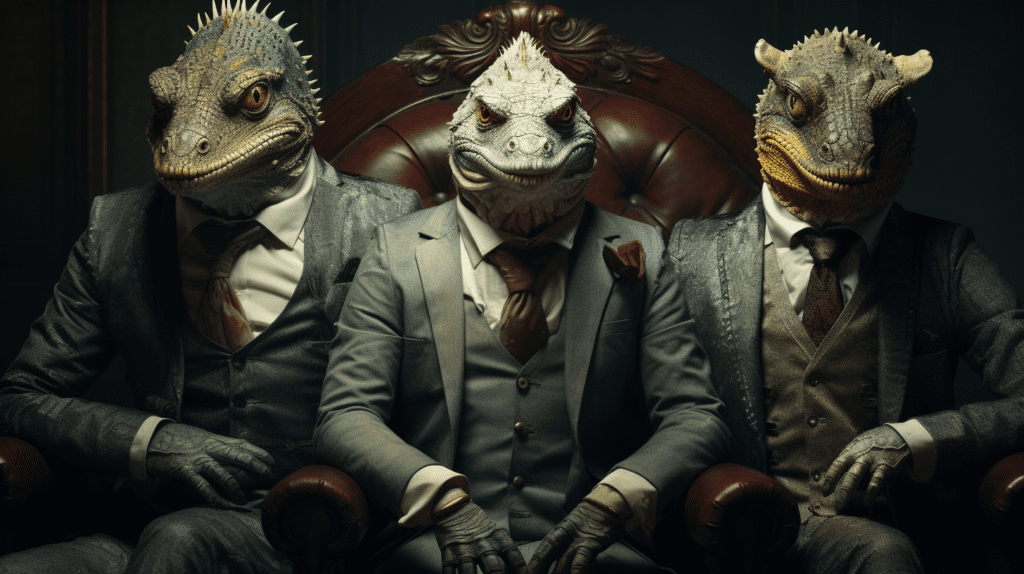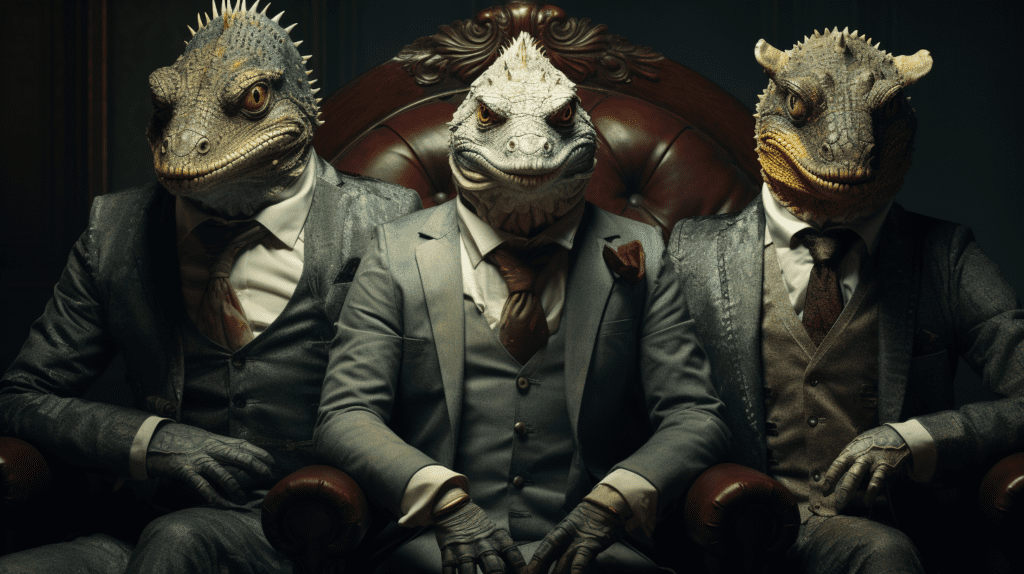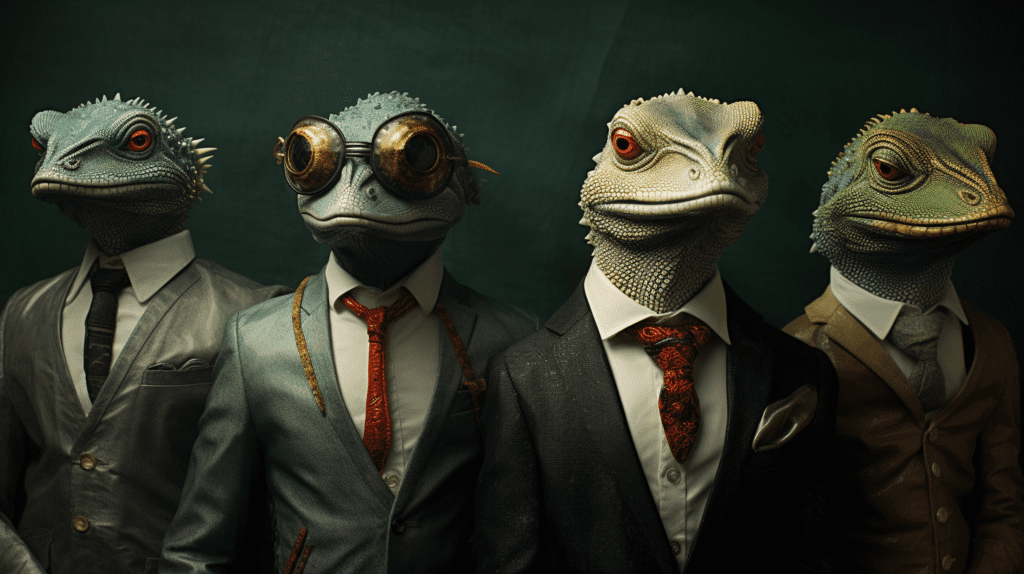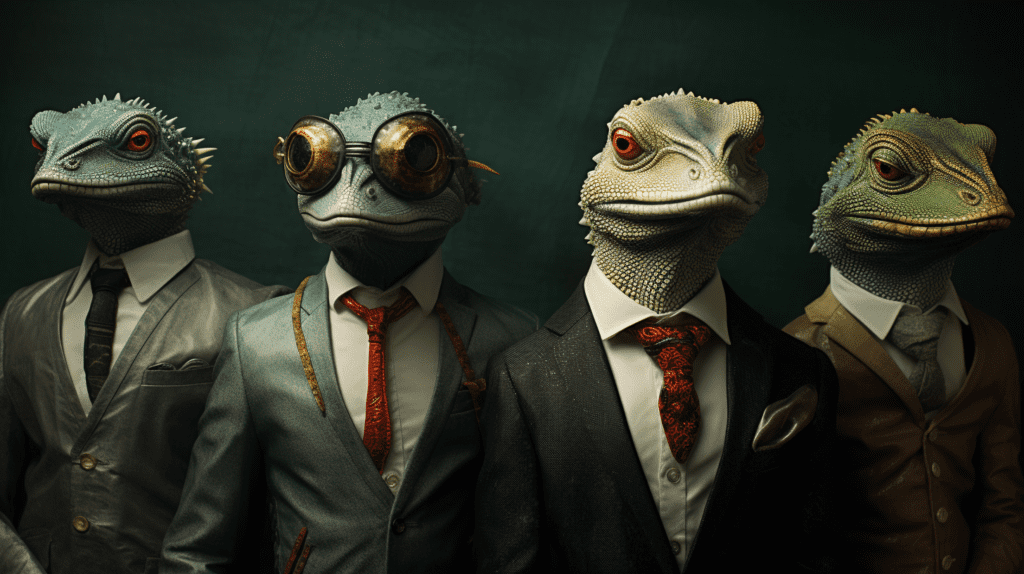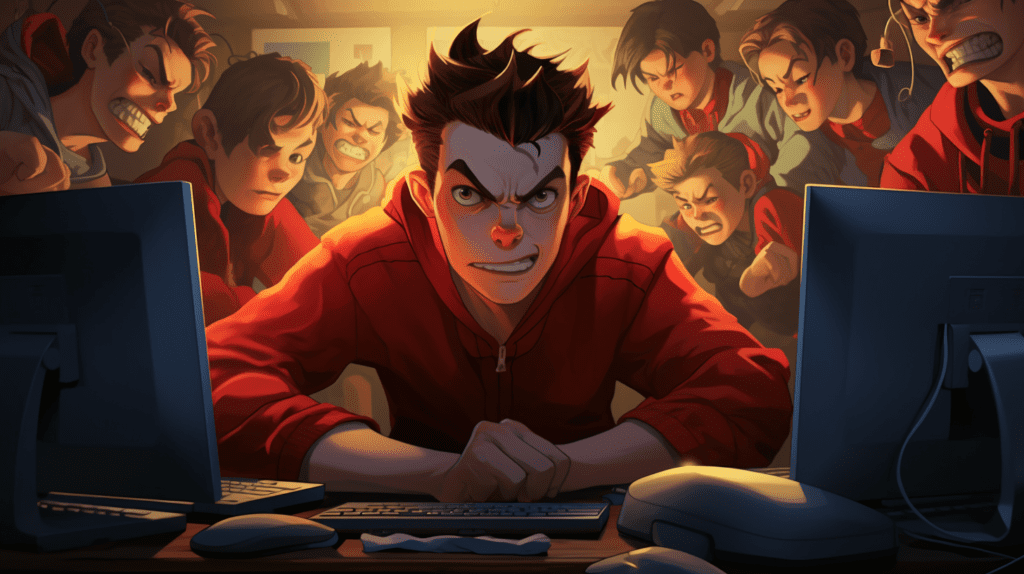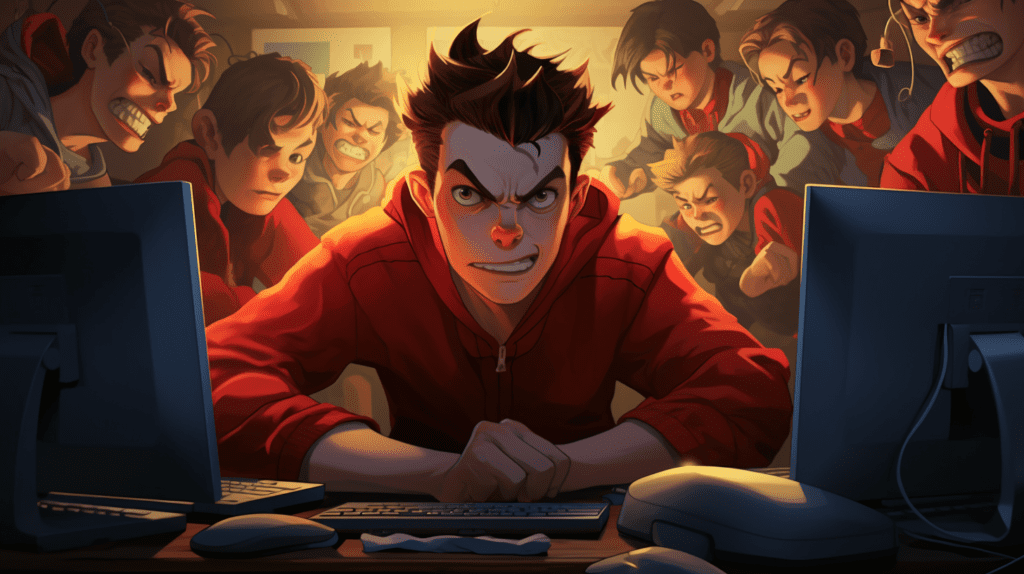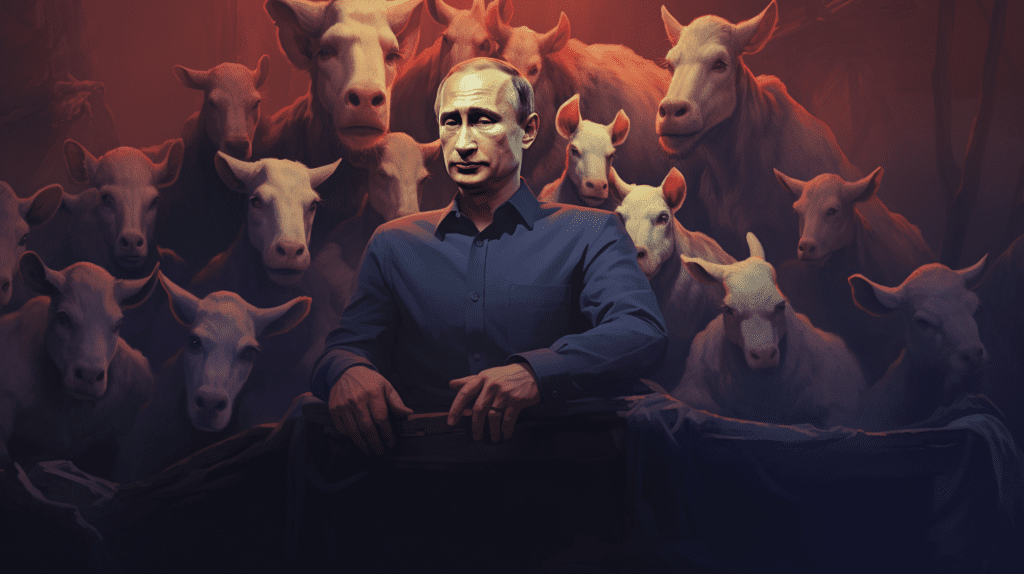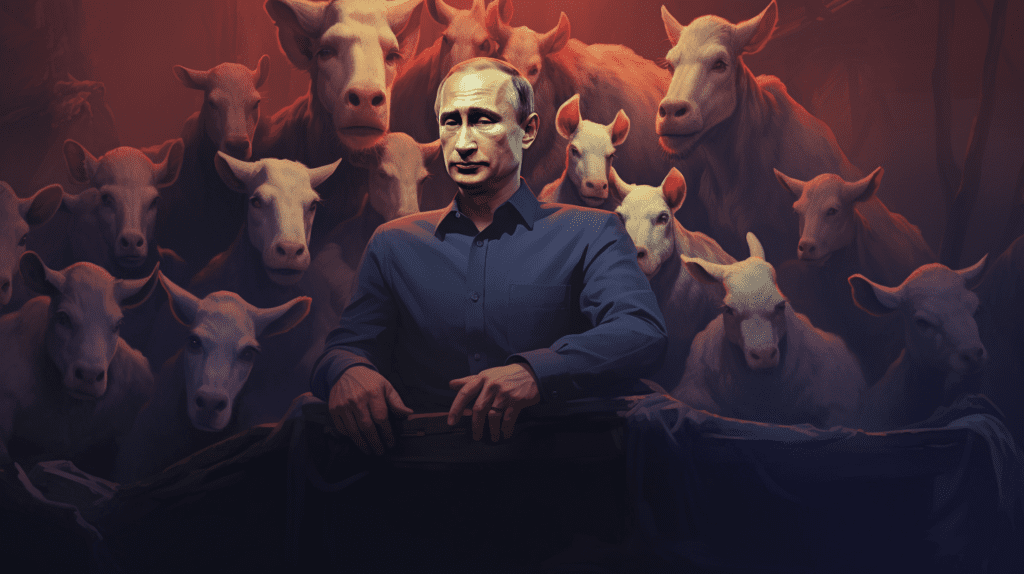The concept of “prebunking” emerges as a proactive strategy in the fight against disinformation, an ever-present challenge in the digital era where information spreads at unprecedented speed and scale. In essence, prebunking involves the preemptive education of the public about the techniques and potential contents of disinformation campaigns before they encounter them. This method seeks not only to forewarn but also to forearm individuals, making them more resilient to the effects of misleading information.
Understanding disinformation
Disinformation, by definition, is false information that is deliberately spread with the intent to deceive or mislead. It’s a subset of misinformation, which encompasses all false information regardless of intent.
In our current “information age,” the rapid dissemination of information through social media, news outlets, and other digital platforms has amplified the reach and impact of disinformation campaigns. These campaigns can have various motives, including political manipulation, financial gain, or social disruption — and at times, all of the above; particularly in the case of information warfare.
The mechanism of prebunking
Prebunking works on the principle of “inoculation theory,” a concept borrowed from virology. Much like a vaccine introduces a weakened form of a virus to stimulate the immune system’s response to it, prebunking introduces individuals to a weakened form of an argument or disinformation tactic, thereby enabling them to recognize and resist such tactics in the future.
The process typically involves several key elements:
- Exposure to Techniques: Educating people on the common techniques used in disinformation campaigns, such as emotional manipulation, conspiracy theories, fake experts, and misleading statistics.
- Content Examples: Providing specific examples of disinformation can help individuals recognize similar patterns in future encounters.
- Critical Thinking: Encouraging critical thinking and healthy skepticism, particularly regarding information sources and their motives. Helping people identify trustworthy media sources and discern credible sources in general.
- Engagement: Interactive and engaging educational methods, such as games or interactive modules, have been found to be particularly effective in prebunking efforts.
The effectiveness of prebunking
Research into the effectiveness of prebunking is promising. Studies have shown that when individuals are forewarned about specific misleading strategies or the general prevalence of disinformation, they are better able to identify false information and less likely to be influenced by it. Prebunking can also increase resilience against disinformation across various subjects, from health misinformation such as the anti-vaccine movement to political propaganda.
However, the effectiveness of prebunking can vary based on several factors:
- Timing: For prebunking to be most effective, it needs to occur before exposure to disinformation. Once false beliefs have taken root, they are much harder to correct — due to the backfire effect and other psychological, cognitive, and social factors.
- Relevance: The prebunking content must be relevant to the audience’s experiences and the types of disinformation they are likely to encounter.
- Repetition: Like many educational interventions, the effects of prebunking can diminish over time, suggesting that periodic refreshers may be necessary.
Challenges and considerations
While promising, prebunking is not a panacea for the disinformation dilemma. It faces several challenges:
- Scalability: Effectively deploying prebunking campaigns at scale, particularly in a rapidly changing information environment, is difficult.
- Targeting: Identifying and reaching the most vulnerable or targeted groups before they encounter disinformation requires sophisticated understanding and resources.
- Adaptation by Disinformers: As prebunking strategies become more widespread, those who spread disinformation may adapt their tactics to circumvent these defenses.
Moreover, there is the ethical consideration of how to prebunk without inadvertently suppressing legitimate debate or dissent, ensuring that the fight against disinformation does not become a vector for censorship.
The role of technology and media
Given the digital nature of contemporary disinformation campaigns, technology companies and media organizations play a crucial role in prebunking efforts. Algorithms that prioritize transparency, the promotion of factual content, and the demotion of known disinformation sources can aid in prebunking. Media literacy campaigns, undertaken by educational institutions and NGOs, can also equip the public with the tools they need to navigate the information landscape critically.
Prebunking represents a proactive and promising approach to mitigating the effects of disinformation. By educating the public about the tactics used in disinformation campaigns and fostering critical engagement with media, it’s possible to build a more informed and resilient society.
However, the dynamic and complex nature of digital disinformation means that prebunking must be part of a broader strategy that includes technology solutions, regulatory measures, and ongoing research. As we navigate this challenge, the goal remains clear: to cultivate an information ecosystem where truth prevails, and public discourse thrives on accuracy and integrity.


